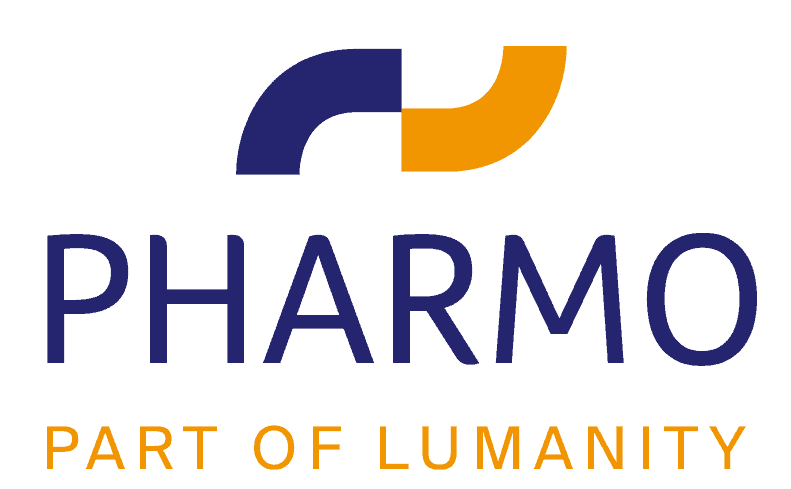Cardiac arrhythmia as an adverse effect of noncardiac drugs has been an issue of growing importance during the past few years. In this population-based study, we evaluated the risk for serious cardiac arrhythmias during the use of several noncardiaQTc-prolonging drugs in day-to-day practice, and subsequently focused on several specific groups of patients who could be extremely vulnerable for drug-induced arrhythmias. We performed a case-control study in which patients (cases), hospitalized for nonatrial cardiac arrhythmias from 1987 to 1998, were compared with their matched controls regarding current use of QTc-prolonging drugs. Odds ratios (OR) and 95% confidence intervals (CI) were calculated using multivariate conditional logistic regression,adjusting for potential confounding factors. Data were obtained from the PHARMO record linkage system. We identified 501 cases, 39 of whom used QTc-prolonging drugs. A statistically nonsignificant increased risk for arrhythmias (OR 1.2, 95% CI 0.8 to 1.9) was observed in patients who received QTc-prolonging drugs. A clearly increased risk of arrhythmias was, however, found in patients with a history of asthma (OR 9.9, 95% CI 1.0 to 100) and in patients using potassium-lowering drugs (OR 5.3, 95% CI 1.1to. 25.9). Our data do not suggest that there is a strong overall association between the use of QTc-prolonging drugs and hospitalization for cardiac arrhythmias in the population at large. However, there appears to be clinically relevant associations of patients with a history of asthma and patients taking potassium-lowering drugs. The use of QTc-prolonging drugs should therefore be either avoided or monitored closely in these specific patients.
